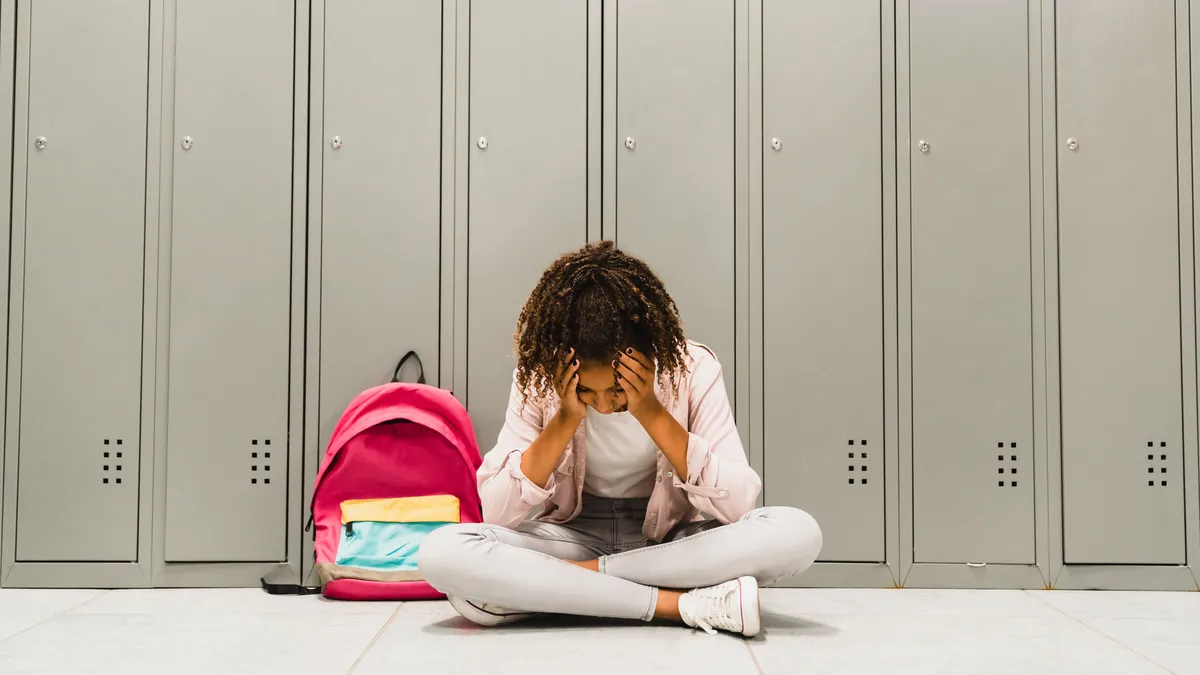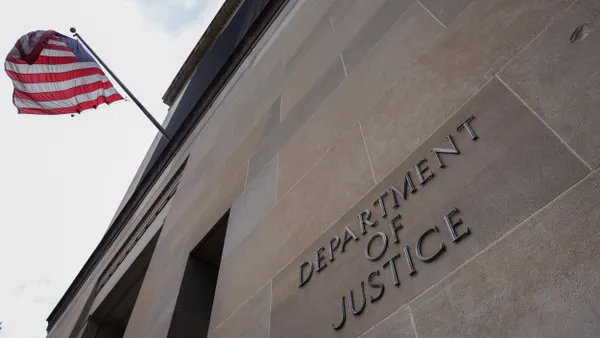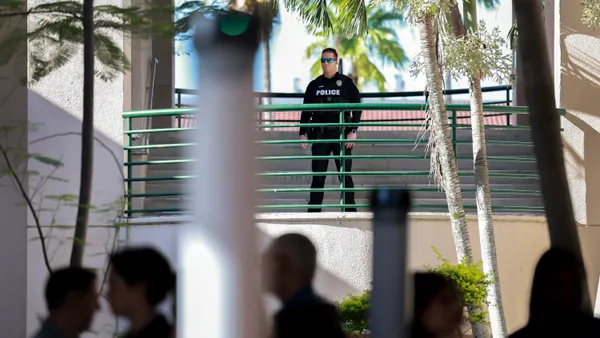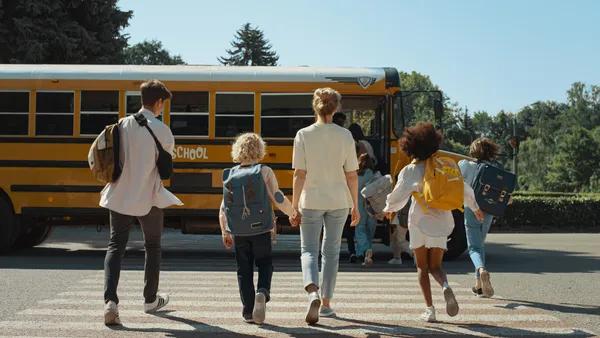To prevent discriminatory discipline practices, schools need to provide individualized services and supports to students with disability-related behavior challenges as required by federal laws, per guidance released Tuesday by the U.S. Department of Education.
The guidance emphasizes schools' responsibilities under Section 504 of the Rehabilitation Act of 1973 and the Individuals with Disabilities Education Act to provide behavioral services and supports to students with disabilities. The department also let schools know federal laws don't stop them from responding to emergencies, and that they can take steps to ensure school safety that aren’t discriminatory.
U.S. Secretary of Education Miguel Cardona, in a press call, said this was the most comprehensive guidance ever released by the department on preventing discipline discrimination for students with disabilities. He said it provides clarity on federal civil rights requirements for students with disabilities, while making it clear that schools don't have to choose between protecting students' rights and responding to school safety concerns.
"Today's guidance will help protect school communities so every student and staff member can expect safety and well-being while in school, full stop," Cardona said.
The guidance was jointly issued by the Education Department’s Office for Civil Rights and the Office of Special Education and Rehabilitative Services. It includes a fact sheet, a Q&A, a Dear Colleague Letter and a 17-page guide for proactive measures schools can take to support the social, emotional and behavioral health of students with disabilities.
A key recommendation calls for eliminating the use of exclusionary discipline for nonviolent offenses. Another encourages schools to use a multi-tiered system of supports with universal, targeted and individualized supports.
Cardona said the guidance aims to help school communities, especially as the pandemic has resulted in learning loss and led to a sharp increase in mental health challenges for students.
At the same time, schools are also reporting increased levels of violence on campuses. Data from the National Center for Education Statistics shows higher rates of classroom disruptions from student misconduct and student acts of disrespect other than verbal abuse directed at teachers and staff.
Federal data and independent studies show students with disabilities are disciplined more often than their peers. Research from the Center for Civil Rights Remedies found that during the 2017-18 school year, students who qualify for IDEA lost 41 days per 100 students enrolled due to out-of-school suspensions, compared to 19 days per 100 students for students without disabilities.
In writing the guidance, the department said it drew from its experience in enforcing IDEA and Section 504, as well as from public feedback provided to the department as it considers reissuing racial discipline discrimination guidance issued under President Barak Obama.












